Thoughts on Today’s Lessons for Sunday, June 2, 2013.
First Reading: 1 Kings 8:22-23, 41-43These verses surely represent the high point in the story of the Israelites, as wise and wealthy King Solomon, son of King David, dedicates the first Temple in Jerusalem. Later in the First Testament narrative, we will see the the people fail in their covenant to practice justice and righteousness, leading to the nation’s decline and fall, the destruction of the temple and exile in Babylon as the prophets foretold. But this day is one of glory and joy and even a little boasting: God is so great and glorious that even foreigners will know God’s name and fear God.
Psalm: Psalm 96
A consistent theme runs through all today’s readings: God is great, and our God is God of all the nations. All the gods of all the other peoples are mere idols, trumpets this ancient psalm of praise and glory. Let all the earth tremble before our God of glory and strength who made the heavens!
Second Reading: Galatians 1:1-12
The church in Galatia had a problem, and Paul wasted no time in getting right to it in his letter to the people there: After planting his church, Paul moved on, and just like that, some other evangelists came in and started contradicting what he had taught. (Later we’ll discover that the problem had to do with insisting that Gentile Christians follow Jewish laws.) But the Gospel that he teaches comes straight from God through Jesus, Paul insists. Those who say otherwise deserve to be cursed!
Gospel: Luke 7:1-10
Luke’s account of the centurion whose servant lies dying might appear at first to be a simple story about faith. But this is not just another eager Jesus-follower asking for help. It is a hated Roman, and worse, a military officer, a captain in command of 100 soldiers. This is a man with real power, accustomed to barking commands and having them obeyed. His gentle, respectful request that Jesus issue such a command to heal his servant gains Jesus’s praise and agreement. And it makes clear that Jesus is not just here for Israel but for all.

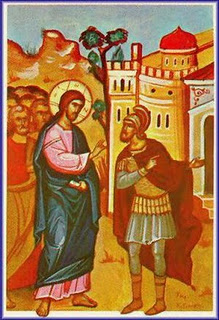

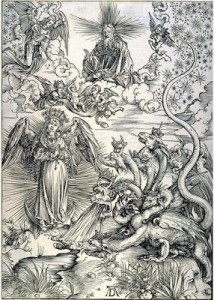 First Reading:
First Reading: 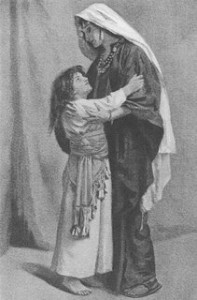
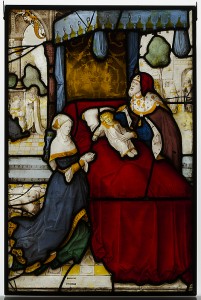 First Reading:
First Reading:  First Reading:
First Reading: 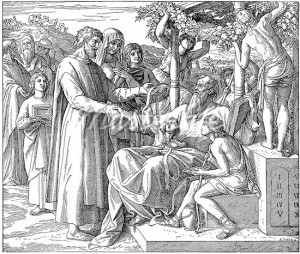 First Reading:
First Reading: 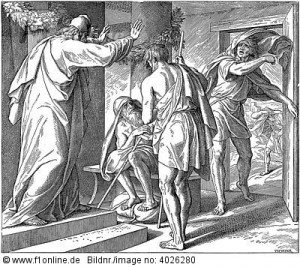 First Reading:
First Reading: 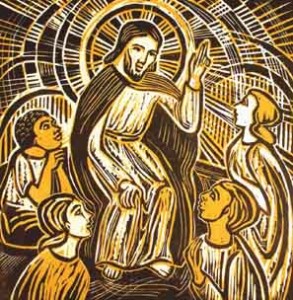 Gospel:
Gospel: